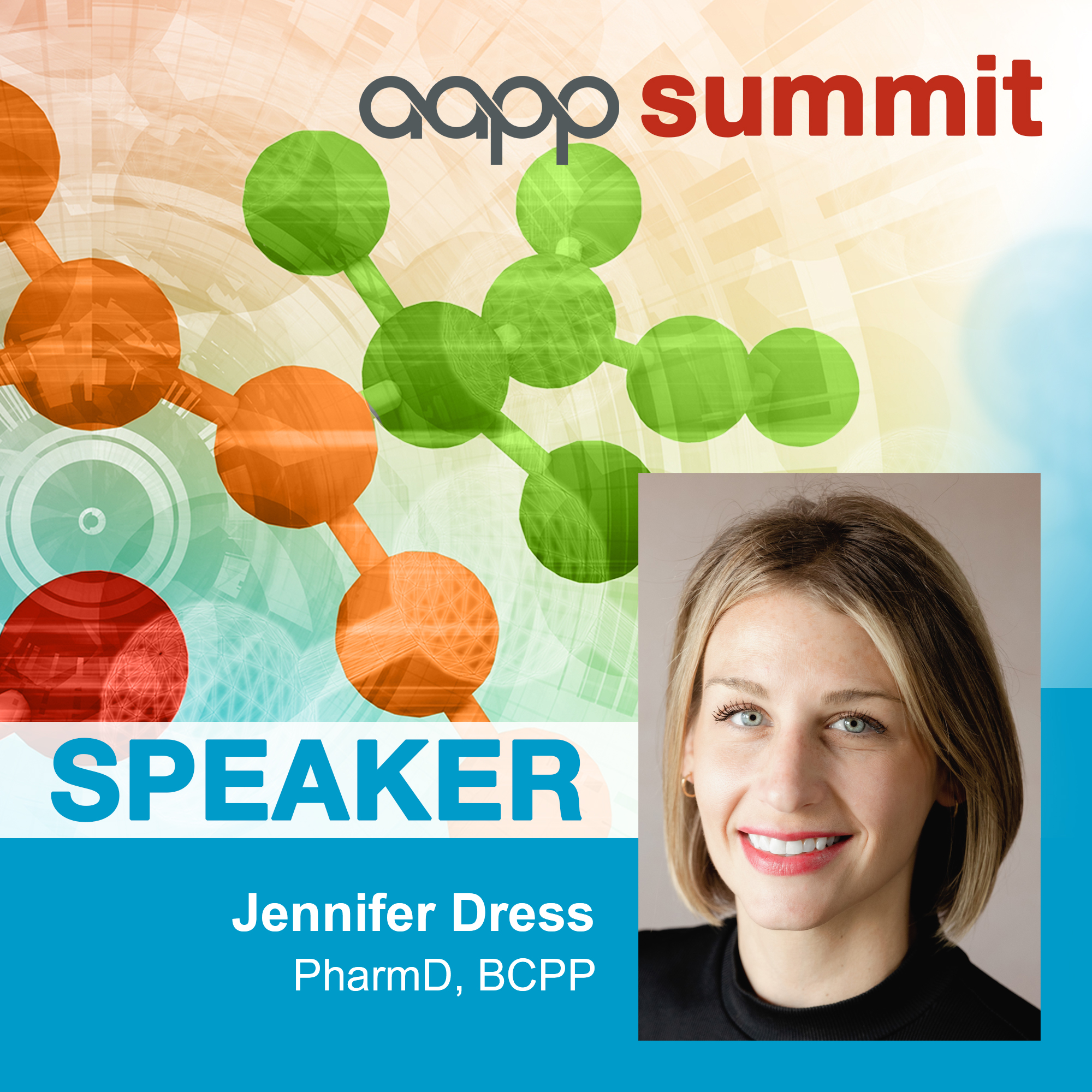Course Description
 Agitation in patients living with mental health disorders is common, affecting various settings beyond inpatient or emergency care. Pharmacologic treatment options for agitation are limited and often involve antipsychotics and benzodiazepines, which may have significant side effects and limited efficacy for some patients. The use of these medications in high-risk populations is concerning due to risks for falls, delirium, and cardiac complications. Therefore, it is crucial for psychiatric pharmacists to understand where novel treatments like inhaled loxapine, dexmedetomidine sublingual film, or intranasal olanzapine fit into clinical practice. This session aims to enhance the competency of psychiatric pharmacists in managing agitation in high-risk patients by providing evidence-based recommendations.
Agitation in patients living with mental health disorders is common, affecting various settings beyond inpatient or emergency care. Pharmacologic treatment options for agitation are limited and often involve antipsychotics and benzodiazepines, which may have significant side effects and limited efficacy for some patients. The use of these medications in high-risk populations is concerning due to risks for falls, delirium, and cardiac complications. Therefore, it is crucial for psychiatric pharmacists to understand where novel treatments like inhaled loxapine, dexmedetomidine sublingual film, or intranasal olanzapine fit into clinical practice. This session aims to enhance the competency of psychiatric pharmacists in managing agitation in high-risk patients by providing evidence-based recommendations.
Learning Objectives
- Identify risks associated with traditional pharmacologic treatments for medically complex patients with agitation.
- Examine clinical features of novel pharmacotherapy for agitation.
- Develop a treatment plan for agitation for a medically complex patient.
Target Audience
If you are a pharmacist, nurse practitioner, or other health care professional involved in the comprehensive medication management of individuals living with mental health and/or substance use disorders, we invite you to participate in this online course.
Faculty

View biographical information
Jennifer Dress, PharmD, BCPP
Clinical Pharmacy Supervisor; Wilkes-Barre VA Medical Center
Jennifer Dress is a Clinical Psychiatric Pharmacist and Clinical Pharmacy Supervisor at the Wilkes-Barre Veteran’s Affairs Medical Center in Wilkes-Barre, Pennsylvania. She earned her Doctor of Pharmacy degree from Wilkes University School of Pharmacy in 2010. She completed a Post-graduate Pharmacy Practice Residency at the Chillicothe VAMC in Chillicothe, Ohio and a Psychiatric Pharmacy Residency at the University of Maryland School of Pharmacy in Baltimore, Maryland. Dr. Dress has been working for the past 15 years in various healthcare settings throughout the hospital. She has provided direct patient care in acute inpatient psychiatry units, outpatient mental health clinics, substance use treatment programs, acute and critical care units, and skilled nursing care units. She has also provided staff education and precepted students and residents throughout these various hospital settings. Finally, she strives to be an unbiased resource for people living with mental health conditions.
Course Requirements
To receive ACPE credit for this session, you must:
- Register for this course.
- Review the full content of the activity and reflect upon its teachings.
- Complete the evaluation at the end of the activity.
- Provide the necessary details in your profile to ensure correct reporting by AAPP to CPE Monitor.
Continuing Education Credit and Disclosures
Activity Dates: 10/02/2025 - 10/02/2028
ACPE Contact Hours: 1.25
ACPE Number: 0284-0000-25-025-H01-P (Application)
Nursing Credit Reminder: Note that ACPE credit is accepted for ANCC Certification Renewal and AANPCB advanced practice provider content. For specific questions related to your organization's acceptance of ACPE continuing education units, please contact your organization directly.
![]() The American Association of Psychiatric Pharmacists is accredited by the Accreditation Council for Pharmacy Education as a provider of continuing pharmacy education.
The American Association of Psychiatric Pharmacists is accredited by the Accreditation Council for Pharmacy Education as a provider of continuing pharmacy education.
AAPP owns the copyright, is licensed or has received permissions for use of, or is otherwise permitted to use copyrighted materials within any CPE activity. Authors and speakers are required to obtain necessary copyright permissions for content in CPE activities. AAPP complies with copyright laws and regulations.
View disclaimer and disclosure of off-label use
Off-Label Use: This educational activity may contain discussion of published and/or investigational uses of agents that are not indicated by the FDA (see faculty information). The opinions expressed in the educational activity do not necessarily represent the views of AAPP and any educational partners. Please refer to the official prescribing information for each product for discussion of approved indications, contraindications, and warnings.
Disclaimer: Participants have an implied responsibility to use the newly acquired information to enhance patient outcomes and their own professional development. Any procedures, medications, or other courses of diagnosis or treatment discussed or suggested in this activity should not be used by clinicians without evaluation of their patient’s conditions and possible contraindications on dangers in use, review of any applicable manufacturer’s product information, and comparison with recommendations of other authorities. Please refer to the official prescribing information for each product for discussion of approved indications, contraindications, and warnings.
View fair balance and integrity statement
It is the policy of AAPP to ensure independence, balance, objectivity, scientific rigor, and integrity in continuing education activities. Those involved in the development of this continuing education activity have made all reasonable efforts to ensure that information contained herein is accurate in accordance with the latest available scientific knowledge at the time of accreditation of this continuing education activity. Information regarding drugs (e.g., their administration, dosages, contraindications, adverse reactions, interactions, special warnings, and precautions) and drug delivery systems is subject to change, however, and the reader is advised to check the manufacturer’s package insert for information concerning recommended dosage and potential problems or cautions prior to dispensing or administering the drug or using the drug delivery systems.
Fair balance is achieved through ongoing and thorough review of all materials produced by faculty, and all educational and advertising materials produced by supporting organizations, prior to educational offerings. Approval of credit for this continuing education activity does not imply endorsement by AAPP for any product or manufacturer identified.
